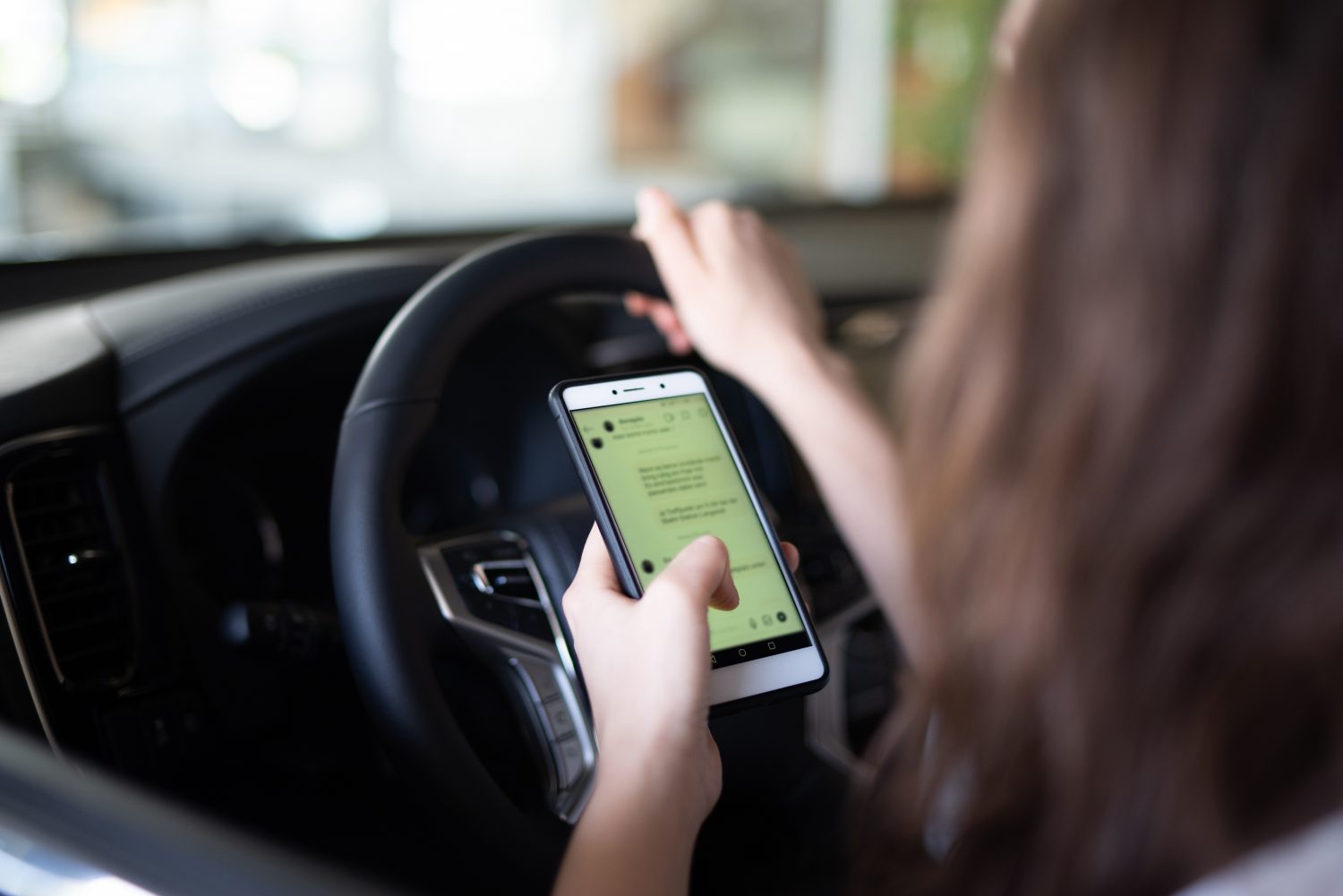« D’Oflenkung duerch den Handy gehéiert nieft ze héijer Vitesse an Alkohol um Steier ëmmer méi zu den Haaptursaache fir Accidenter am Stroosseverkéier. Gläichzäiteg ass et hautdesdaags duerch déi technologesch Méiglechkeete relativ einfach de Respekt vum Code de la route an där Hisiicht ze kontrolléieren a Verstéiss ze sanktionéieren.
An deem Kader wollt ech dem Här Minister fir Mobilitéit an ëffentlech Aarbechten an dem Här Minister fir bannenzeg Sécherheet folgend Froe stellen:
- Bei wéi villen Accidenter war an de leschte fënnef Joer d’Oflenkung duerch den Handy am Spill ?
- Wéi vill Protokoller huet d’Police an de leschte fënnef Joer geschriwwen, well de Chauffer wärend dem Fueren den Handy benotzt huet ?
- Sinn déi Häre Minister der Meenung, dass d’Oflenkung duerch den Handy ëmmer méi eng Gefor am Stroosseverkéier duerstellt ? Wa jo, si méi staark Policekontrollen an där Hisiicht virgesinn ?
- Ass geplangt, der Police d’Méiglechkeet ze ginn, per mobillem oder fixem Handysradar méi staark géint dës Infraktioun virzegoen ? Wat géif dergéint schwätzen ?
- Wa jo, kënnen déi Häre Ministere Präzisiounen zu den neien Handysradare ginn, z.B. wou se hikéimen ?
- Ass virgesinn, d’Police wéi a Spuenie mat Dronen z’equipéieren, fir dës an aner Infraktiounen ze kontrolléieren ?
- Wier et méiglech, mat de fixe Radaren, déi schonn installéiert sinn, ze kontrolléieren, ob Chaufferen den Handy um Steier benotzen ? »
Answer
In Luxembourg, there is little data to say exactly how many accidents are caused by the use of mobile phones while driving, said the ministers in their response. In general, however, one could notice that the distraction of the driver increases as there are more and more types of distractions (electronic devices, listening to music over headphones, eating, drinking, smoking …) and thus distraction as a risk factor in traffic also increases. For this reason, the police carry out regular awareness-raising and repressive campaigns in traffic. However, there are no plans to deploy radars or drones in the future.






